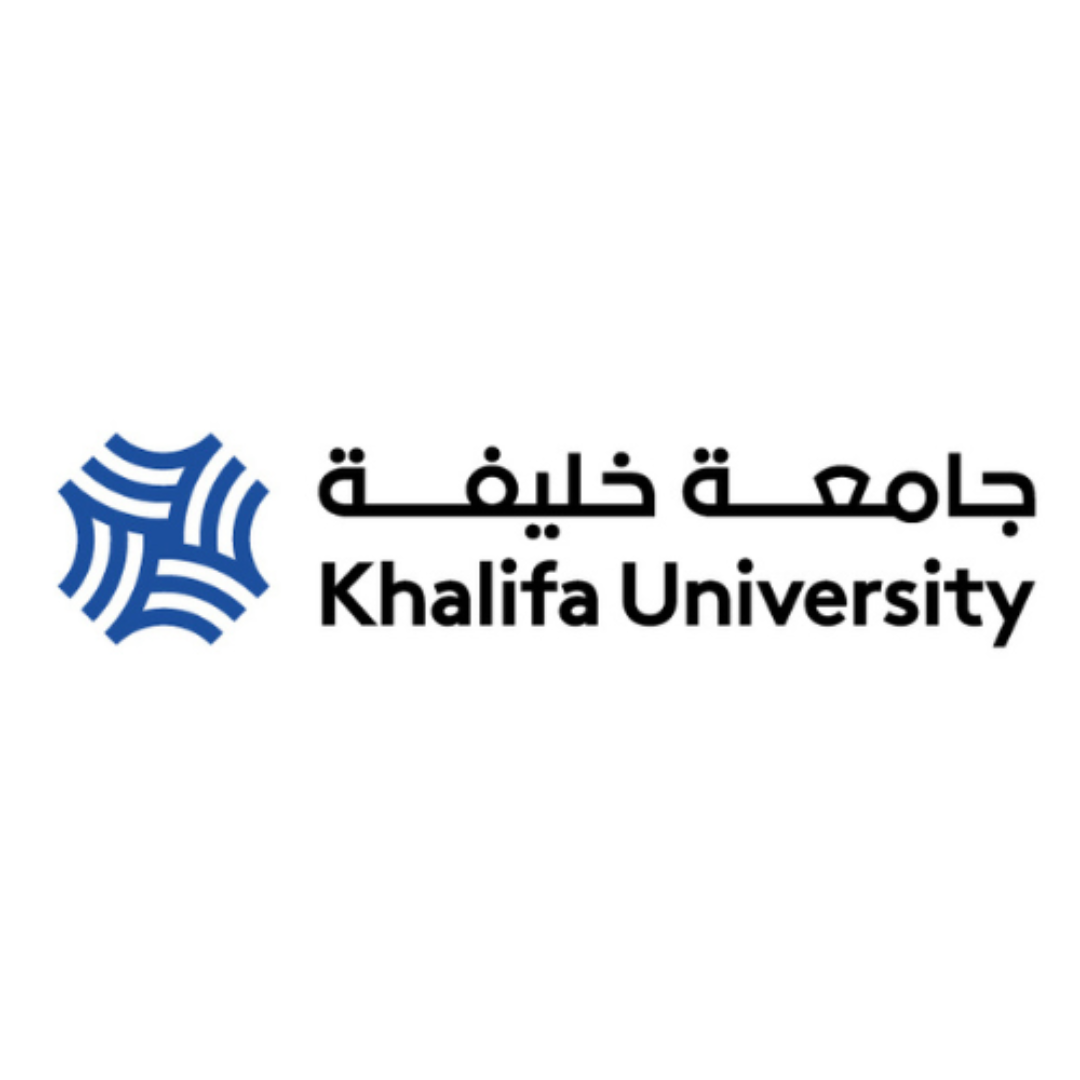📖Program Curriculum
This course has a common first
In the first, the curriculum is shared across related courses allowing you to gain a broad grounding in the discipline before going on, in the second and third, to specialist modules in your chosen field.
We want your degree to fit around you, so upon successful completion of your first, you could swap degrees with another course in your common first (subject to meeting progression requirements).
Common first courses:
Automotive Engineering MEng/BEng (Hons)Mechanical Engineering MEng/BEng (Hons)Motorsport Engineering MEng/BEng (Hons)
Modules
Mechanical Science – 20 credits
Manufacturing Technology and Materials – 20 credits
Engineering Design – 20 credits
Engineering Application – 20 credits
Engineering Mathematics – 20 credits
Electrical and Electronic Engineering Principles – 20 credits
We regularly review our course content, to make it relevant and current for the benefit of our students. For these reasons, course modules may be updated.
In your second, you will extend and strengthen your technical knowledge across mechanical science as well as design, sustainability, and further mathematics. During this you will be exposed to professional software that will enable you to design and analyse a product, process, and system in depth. You will also develop your knowledge across control engineering and instrumentation which is vital across numerous disciplines.
Modules
Design and Sustainability – 20 credits
Solid Mechanics and Dynamics – 20 credits
Thermofluid Mechanics – 20 credits
Analytical Modelling – 20 credits
Engineering Management – 20 credits
Instrumentation and Control – 20 credits
We regularly review our course content, to make it relevant and current for the benefit of our students. For these reasons, course modules may be updated.
There’s no better way to find out what you love doing than trying it out for yourself, which is why a work placement2 can often be beneficial. Work placements usually occur between your second and final of study. They’re a great way to help you explore your potential career path and gain valuable work experience, whilst developing transferable skills for the future.
If you choose to do a work placement, you will pay a reduced tuition fee3 of £1,250. For more information, please go to the fees and funding section. During this time, you will receive guidance from your employer or partner institution, along with your assigned academic mentor who will ensure you have the support you need to complete your placement.
Modules
UK Work Placement– 0 credits
International Study/Work Placement – 0 credits
We regularly review our course content, to make it relevant and current for the benefit of our students. For these reasons, course modules may be updated.
Final Year BEng students have the opportunity to create a more bespoke and highly specialised by choosing an option module and final individual and group project.
Year three students also undertake a similar set of modules as the BEng final students, but with a deeper level of technical and hands-on mastery. You also have the opportunity to create a more bespoke and highly specialised through an optional module.
Modules
BEng (Hons)
optional modules
MEng
optional modules
We regularly review our course content, to make it relevant and current for the benefit of our students. For these reasons, course modules may be updated.
During the final of the course, you have greater responsibility and adopt the working practices required by the profession to solve complex real world problems. This becomes very bespoke depending on the direction of your specialism.
Modules
Industrial Group Project Proposal – 20 credits
Industrial Group Project Dissertation – 40 credits
Business Innovation and Sustainability – 20 credits
One pathway from the following four:
We regularly review our course content, to make it relevant and current for the benefit of our students. For these reasons, course modules may be updated.








